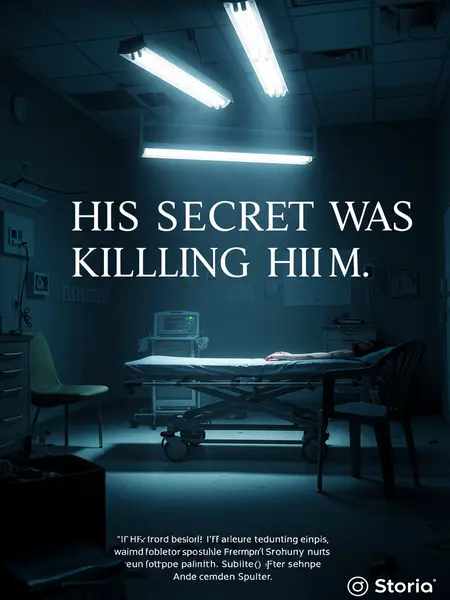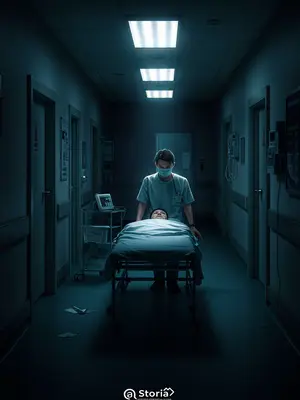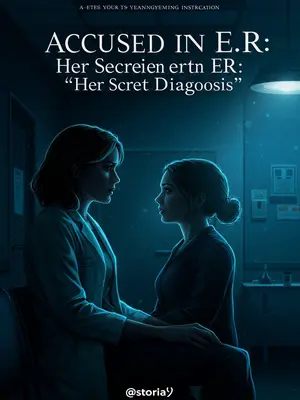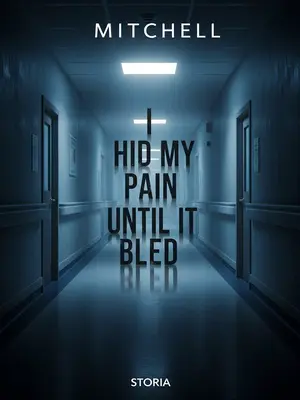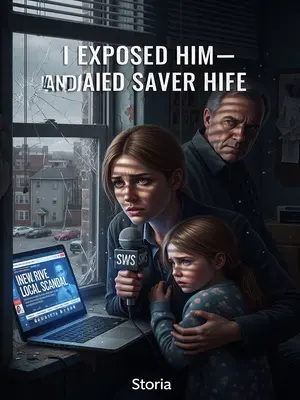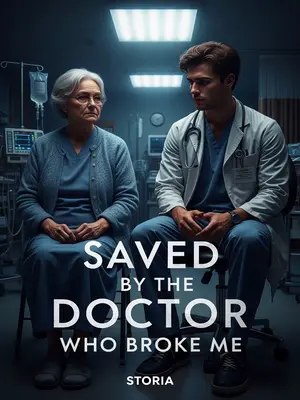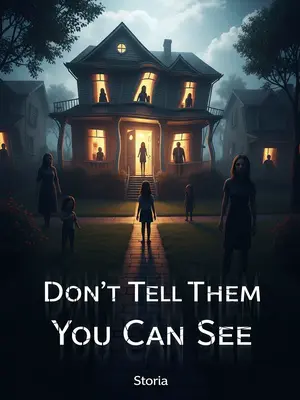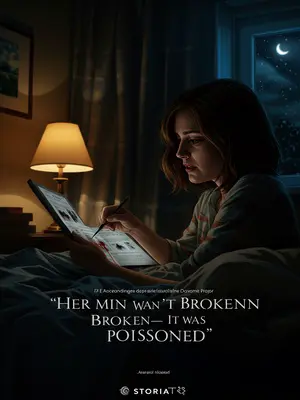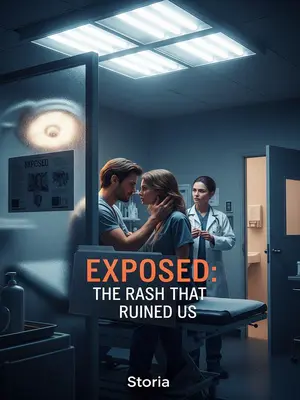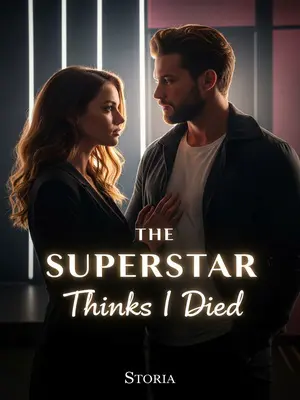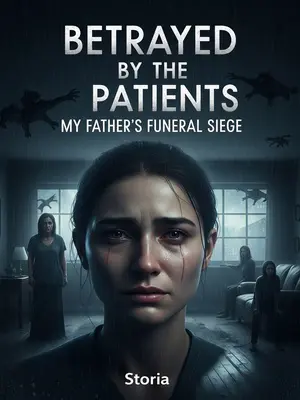Chapter 2: The Red Flags
I grabbed a scrap of paper and drew a quick sketch—a skinny tube with a fat lump closing it off. "It’s like trying to push a milkshake through a coffee stirrer," I told Derek. Derek snorted, but the edge of worry didn’t leave his eyes. “Guess I’ll stick to smoothies,” he joked, but his hands kept fidgeting.
"You really need to go to a major hospital for an upper endoscopy," the urgent care doctor kept repeating, probably sensing how badly Derek wanted to bolt.
I imagined the doctor’s voice growing sharper, picking up on Derek’s hesitation. In America, a lot of people put off care if it means missing work or wrestling with insurance. But the doc wasn’t letting up—sometimes you have to play the bad guy if you want someone to actually listen.
Derek was rattled, but he got ready for more tests. Oddly, his symptoms eased a little over the next few days. Work got busy, days blurred together, and soon, getting checked out slipped his mind.
He shrugged, a sheepish grin flickering across his face. “I mean, you get busy, right? Work piles up, you tell yourself you’ll call the doctor tomorrow... and then it’s next week.” Bills, deadlines, maybe a softball league on Thursday nights. It’s easy to let a worry fade when the symptoms back off, even just a bit.
It wasn’t until things got worse again—swallowing became nearly impossible, the cough wouldn’t quit—that Derek finally remembered he needed help.
He told me the pain spiked during a late-night dinner after overtime—a greasy burger that just wouldn’t go down. The next morning, hacking over his cereal, he finally admitted to his roommate, “I think I need to see someone.”
When he arrived at the ER, he signed in under my care. The moment I heard about his trouble swallowing, my stomach dropped. This could really be cancer.
My mind snapped into high gear: triage, differentials, risks. I pulled up his chart, eyes searching for anything that didn’t fit. He looked exhausted, dark circles under his eyes from too many restless nights.
When I learned he was a fan of piping-hot coffee, I got even more suspicious. Scalding drinks can irritate the lining of the esophagus over time, sometimes leading to serious trouble.
“Don’t judge,” he said with a smirk. “I like my coffee hotter than a Texas summer.” I smiled back, shaking my head. “Hey, no judgment. I’ve nuked my tongue on gas station coffee more times than I can count.” I remembered the studies about chronic irritation and cancer. Nothing more American than burning your mouth on a to-go cup.
Esophageal cancer is supposed to be a disease of older adults. But medicine loves to surprise you, and I’d seen too many curveballs to get comfortable. Youth is no guarantee.
“Let’s do an upper endoscopy,” I said, already ordering the test.
I saw his Adam’s apple bob as he swallowed, trying to play it cool. He nodded, jaw tight, gripping the gurney.
